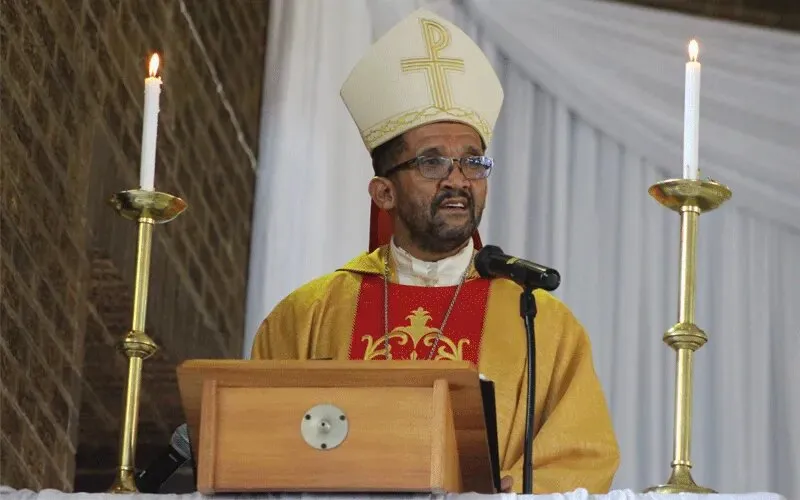Pretoria, 05 August, 2021 / 8:35 pm (ACI Africa).
Catholic Church leaders in Southern Africa should call on the South Africa’s government to hold accountable the perpetrators of last month’s riots that started after former President Jacob Zuma handed himself over to police, the Bishop at the helm of the Southern African Catholic Bishops’ Conference (SACBC) has said.
In his Tuesday, August 3 opening remarks at the SACBC Plenary Assembly, Bishop Sithembele Sipuka said the meeting takes place amid COVID-19, social destabilization in South Africa and political revolution in the Kingdom of eSwatini.
“What I wish to propose is that we should add our voice on the call for accountability for the violence and looting that has been allowed to happen in the country. Those who by commission or omission of their duties have facilitated this must account,” the Bishop of the Catholic Diocese of Mthatha said, referencing the violence that saw schools among facilities destroyed in South Africa.
Bishop Sipuka continued, “After this tragedy, the government committed to give a grant of R350.00 to those affected because ‘it is a caring government’. But if it was a caring government, it would have done more to develop the poor people who have been neglected and whose deep-seated anger was unleashed into violence by the opportunity of the arrest of the former president.”
For this reason, the President of the three-member nation Conference of Catholic Bishops said, Catholic Church leaders in Botswana, Eswatini, and South Africa “need to ride the wave of this moment to demand serious economic upliftment of the poor majority instead of piecemeal grants.”








